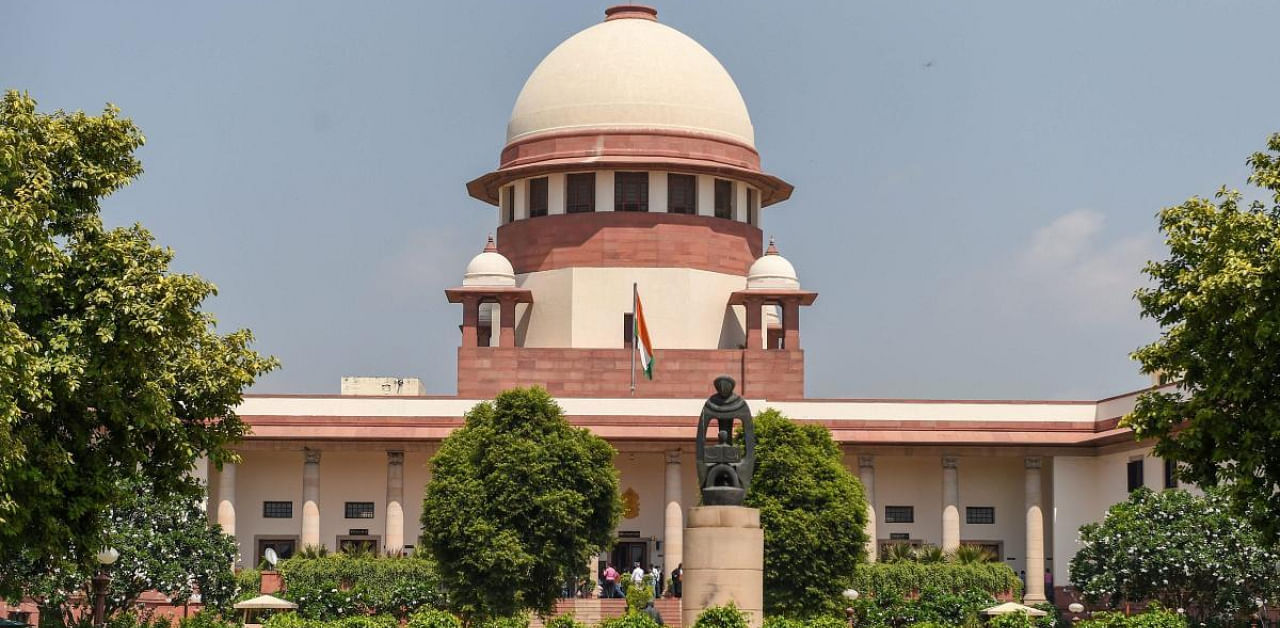
The Supreme Court on Friday issued notice to the Attorney General (A-G) to decide if a court can issue a direction which says that the accused should get a ‘Rakhi’ tied on his hand by the victim as a condition of bail in sexual offences, trivialising the trauma suffered by the victim.
A bench of Justices A M Khanwilkar and B R Gavai sought the assistance of Attorney General K K Venugopal, as senior advocate Sanjay Parikh, representing a group of woman lawyers, said such orders objectified the victims.
The counsel said the court should not have put such conditions for bail, which was against the provisions of Criminal Procedure Code.
The plea was filed under the extraordinary situation against a Madhya Pradesh High Court’s order of July 30, but there have been such orders from other states, he said. The court will examine the matter on November 2.
Women lawyers approached the court asking it to set aside the Madhya Pradesh HC's direction to an accused of molestation to have a 'Raksha Bandhan' tied by the victim on his wrist as a condition for bail.
In their plea, they said it has been seen in cases of sexual offence, women and families do not seek redressal from the criminal justice system primarily to avoid such kind of secondary trauma that they are subjected to in the process of a criminal trial.
They asked whether High Court ought not to have employed circumspection and sensitivity while dealing with a case involving a sexual offence and also related to wrongful entry into the property of the victim.
The "public-spirited" lawyers led by Aparna Bhat said imposing a condition where the accused would be required to go to the house of the complainant on the festival of 'Rakshabandhan' and request her to tie a rakhi around his wrist with the “promise to protect her to the best of his ability for all times to come” resulted in further victimisation of the survivor in her own house.
They challenged the validity of the Madhya Pradesh HC's order of July 30 by which the accused was also told to pay Rs 11,000 to the complainant as customary ritual and seek her blessings and pay Rs 5,000 to her son for purchase of clothes and sweets.
"While it is routine for courts to award certain compensation to survivors of sexual offences to be paid by the accused, it is highly objectionable for the HC in the present case to put the complainant in a position where she is forced to accept the sum of Rs 11,000," they said.
They further pointed out that the present case was of particular concern since it has taken years to undo the damaging approach followed by courts whereby cases involving sexual offences committed against women were attempted to be compromised by way of marriage or mediation between the accused and the survivor.
